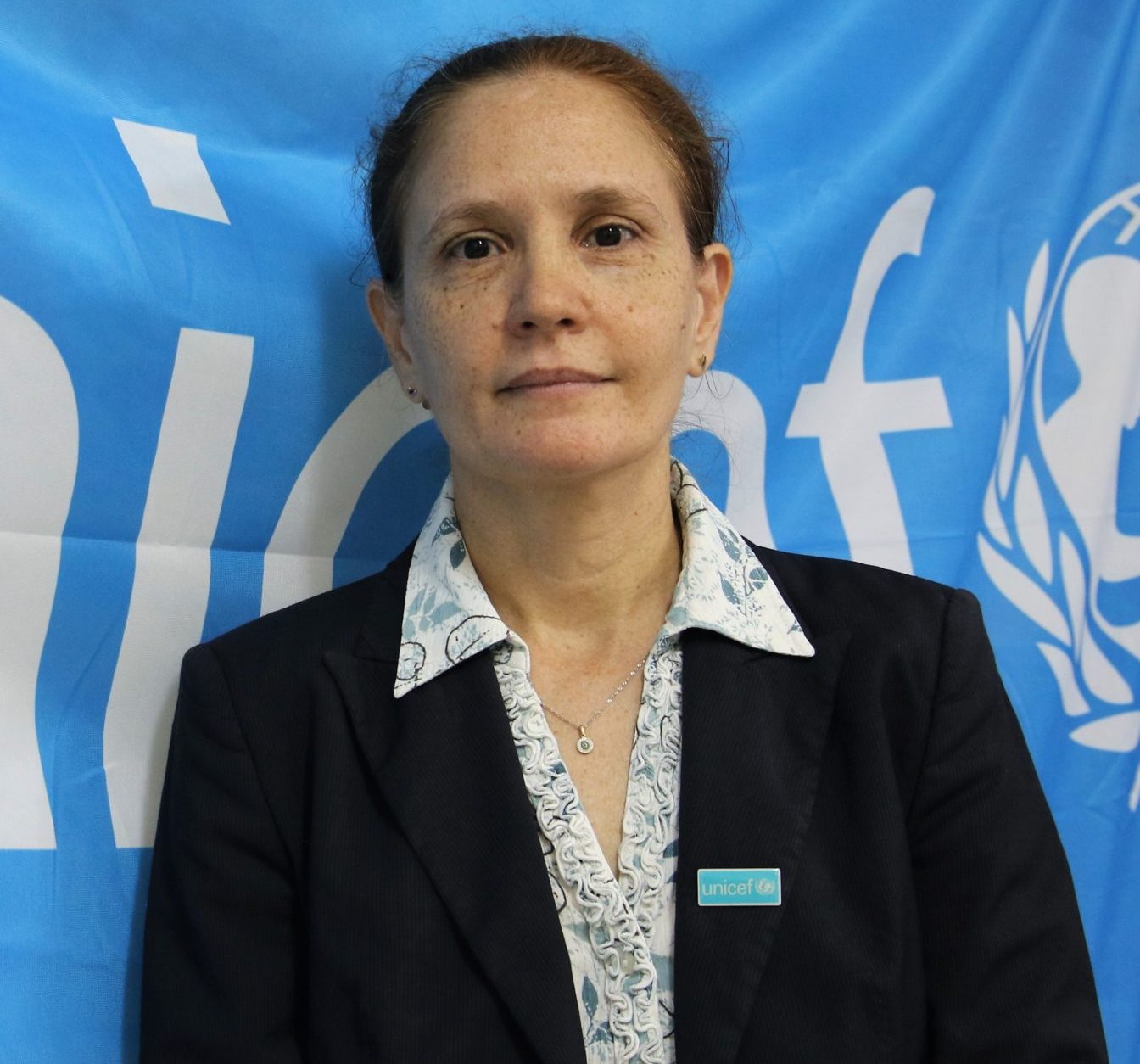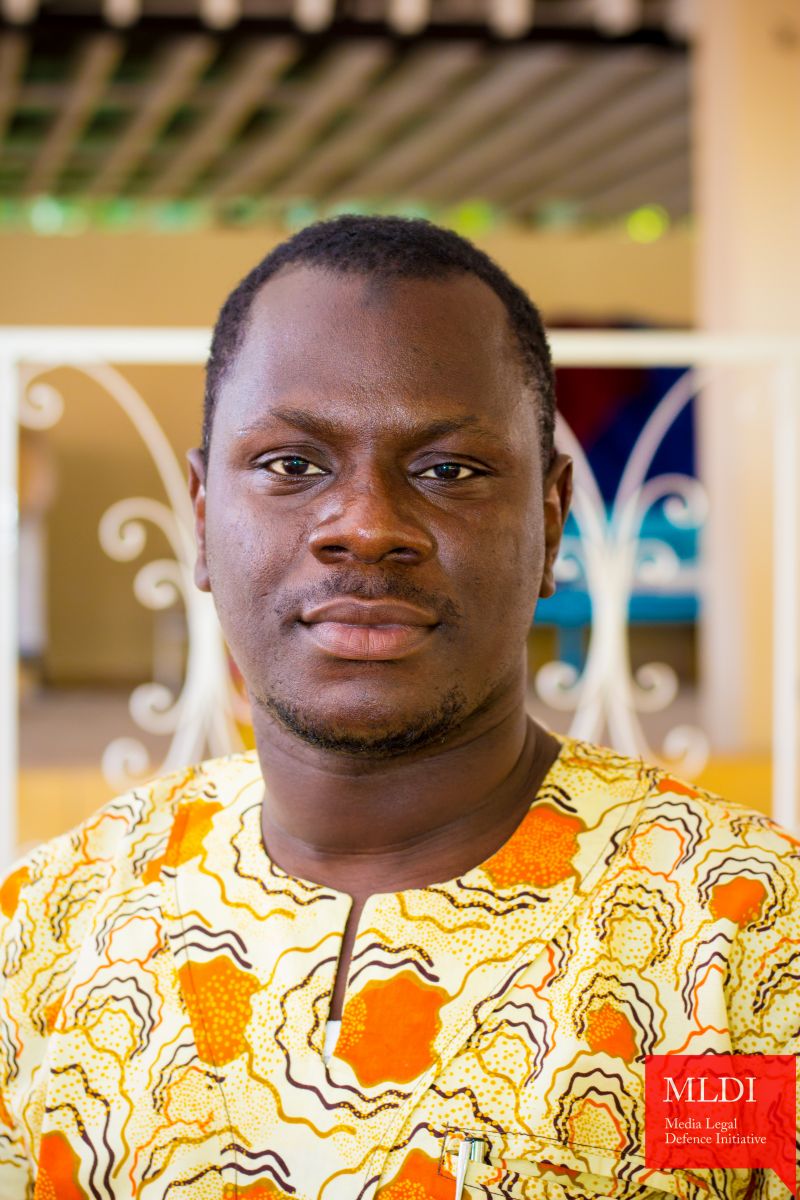UNICEF country representative to the Gambia, Sandra Lattouf, has said that “access to child-friendly justice is not just a child right, it is a fundamental pillar of democracy and a key feature of any progressive society that recognizes the value of children.”
She said an important element of this year’s celebration for the Day of the African Child is the theme ‘Access to Child-friendly Justice in Africa’.
“On the occasion of the Day of the African Child, and in line with the theme, I wish to strongly encourage the acceleration of the promotion of a child-friendly criminal justice system that will include a shift from punishment to rehabilitation of children in contact with the law.
“Children in contact with the law are vulnerable and must be protected from punishment and provided all the rehabilitation support to reintegrate back into society,” she said in a statement marking the Day of the African Child on Tuesday.
Lattouf said that keeping children in detention centres without proper rehabilitation services could seriously jeopardize their well-being and mental growth.
She also said that despite progress in the treatment of children accused or suspected of committing offences, many are still held in pre-trial detention for months or longer.
“There are challenges, but we also have some accomplishments to celebrate. And I must commend the Gambia Government for the gains in protecting the rights of children in the country through the enactment of laws, including the Children’s Act, the establishment of the Ministry of Women, Children and Social Welfare, the Children’s National Assembly of The Gambia, and the setting up of children’s courts in Kanifing, Brikama, Mansakonko and Basse.”
She commended President Adama Barrow’s decision to grant amnesty to two children who were held at the Juvenile Wing of the Jeshwang Prison as part of his general amnesty in the month of Ramadan.
“The Sustainable Development Goal (SDG) 16 calls for the promotion of peaceful and inclusive societies for sustainable development, provision of access to justice for all and building of effective, accountable and inclusive institutions at all levels.
“The Gambia has ten years to achieve the SDGs. Ten years to provide access to justice for all, especially the most vulnerable in society: our children,” she said.
The Day of the African Child 2020 focuses on ‘Access to Child-friendly Justice in Africa’.
According to Lattouf, to ensure a child-friendly criminal justice system, UNICEF urges The Gambia government to enforce all the laws that protect children, including from violence, abuse discrimination, FGM/C, child marriage, and child labour.
“Ensure that every child, everywhere in The Gambia has access to child-friendly justice by expanding the children’s court to cover the entire country. Fully implement the Children’s Act to provide children with alternatives to detention and diversion such as community rehabilitation, community service, and counseling. Properly coordinate all efforts, including at the community level, to protect children, anywhere in the country, from violence, harm, and abuse.
“Empower children to participate in the national discourse, and have their concerns listened to and addressed by the concerned authorities/stakeholders,” she urged
Sarata Ceesay, Speaker of the Children National Assembly of the Gambia, said timely and speedy justice delivery is at the heart of peace, security and development.
Children National Assembly of the Gambia is a platform of 105 children from across the country, representing the voice and rights of all children in the country.
She said child friendly justice system requires respecting the rights of every child everywhere regardless of their color, race, language, religion or status.
She pointed out that it is a precursor for sustainable peace, sustainable security and adherence to the rule of law and sustainable development.





